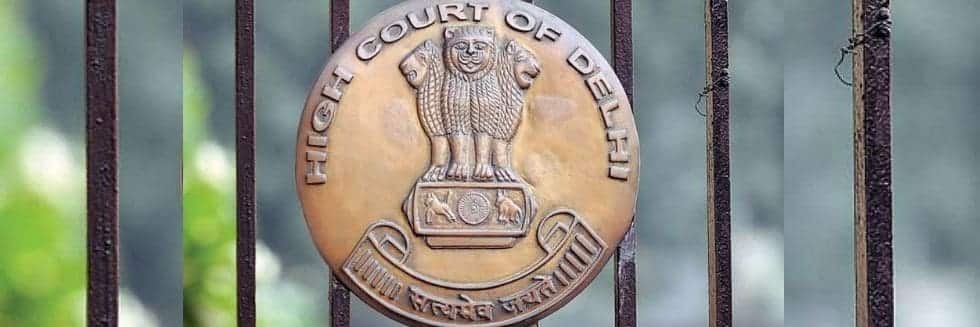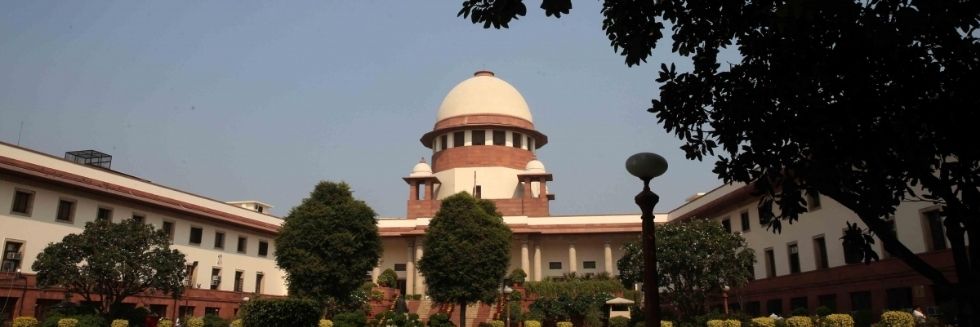The Delhi High Court has today dismissed a petition moved by a constable in the Indo Tibetan Border Police (ITBP), who challenged his transfer order on the ground that his wife was suffering from depression.
The bench of Justices Manmohan and Asha Menon have made the above decision after going through medical reports of the wife which concluded that she was fit and leading a healthy life.
“Court is of the opinion that the wife of the petitioner is neither depressed nor suffering from any mental health issue,” said the bench. “The petitioner is directed to join his new place of posting as expeditiously as possible but not later than one week. In the event, the petitioner does not join the said posting, the respondents shall be at liberty to take appropriate action against the petitioner in accordance with the law,” the Court added.
The Court, therefore, dismissed the plea of the petitioner.
The official had challenged his transfer order relying upon an office memorandum of 8 October 2018, which dealt with the posting of government employees who have differently-abled dependents.
The petitioner contended that in January 2020, his wife started showing symptoms of depression after giving birth to their son. Further, it was pointed out that he was the primary caregiver of his minor son, as his wife was diagnosed with Post-Partum Depression Personality disorder.
The authorities had earlier issued the transfer order directing the Indo-Tibetian Border Police (ITBP) constable to move to 37 Bn Leh, Ladakh and the date of joining was March 17.
The plea said a son was born to the official in January last year and immediately thereafter his wife started showing symptoms of depression and claimed that she was diagnosed with postpartum depression personality disorder and now he was the primary caregiver of his one-year-old child.
It said the office sent a letter to the authorities requesting for the stay of his transfer and to allow him to continue in and around his present posting because of the mental health of his wife and the need to take care of the child.
However, no reply has been received from the authorities to date, it claimed.
In pursuance of the court’s earlier order, a medical board was set up by the authorities, comprising two psychiatrists and a gynecologist at Base Hospital, ITB Police at Tigri Camp here.
The same was done and with the Board finding that “she is maintaining well and on current mental status examination no depressive feature noted.”
“Whatever general/physical examination and mental state assessment could be done while history taking by Board of Doctors comprising of two senior Psychiatrists is of the inference that she entered room voluntarily and took her seat comfortably. She was kempt and tidy, moderately built and nourished, conscious, cooperative, well oriented to time, place, and person, eye to eye contact maintained, rapport established easily, memory intact, no formal thought disorders, speech coherent, relevant, volume and tone were normal,” the medical board’s report said.
The petitioner, however, contended that the opinion of the medical board is contrary to the opinion rendered by private doctors whom the petitioner had consulted.
Nonetheless, the Court rejected such intervention by the petitioner, while citing that “Keeping in view the clear and categorical opinion of the Medical Board constituted by this Court and that too with the consent of the petitioner, this Court is of the opinion that the wife of the petitioner is neither depressed nor suffering from any mental health issue.”






